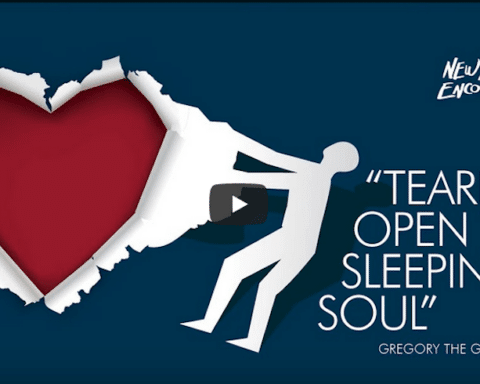The promise of generative artificial intelligence — ChatGPT and similar projects — is, I have written recently, likely to be far less than its proponents claim or its detractors fear, precisely because what AI generates is not truly something new but rather just the same old words in similar order. The difference between information, knowledge and understanding — three words that are often used interchangeably today — is important when we talk about how human beings generate new ideas that may help others see the world in a different light.
Put simply, information is just data that we encounter. Knowledge is the information that we have acquired through our experience. Understanding is our perception of the deeper relationships between the things we know and of the meaning of those things and those relationships.
We’re confronted with information all day long, and most of it flows off of us like water off a duck’s back. It’s essentially external to us until, for whatever reason, we internalize it through our experience, and it becomes knowledge. Understanding, though, goes deeper — or, we might even say, it emerges from the depths of our mind and soul. Understanding can even be that sense we sometimes have when we think, “I’m not sure I can explain this to someone else, because I don’t fully know why I know this, but I’m certain that I do.”
The ancient Greeks and Romans spoke of the muses who brought understanding to men and so inspired them to create something new. We Christians see understanding as one of the gifts of the Holy Spirit. Our language may be different from theirs, but our experience is similar: When we have a flash of understanding, we feel as if we did not come up with this all by ourself.
Throughout the Gospels, Christ’s disciples have moments like that. Some of the power of those moments, though, has been drained away for us because of everything that has happened in between. Think of the scene in John 6, when Jesus begins talking about “the true bread from heaven” that “gives life to the world” (v. 32, 33). For us, “I am the bread of life” is a lyric to a song that, no matter what we think of it, we can’t get out of our head. We know what Jesus was saying, in part because his disciples did not — until they did.
By the end of Chapter 6, “many [of] his disciples returned to their former way of life” because they could not accept what Christ was saying, and today we point to them as evidence that he was speaking literally when he said “For my flesh is true food, and my blood is true drink” (v. 66, 55). They leave because they do not understand. They know what bread is; they know what flesh and blood is. But they do not understand what Jesus means when he says, “unless you eat the flesh of the Son of Man and drink his blood, you do not have life within you” (Jn 6: 53). We do; and, if we have been properly catechized, we can even explain the doctrine of transubstantiation.
Knowing what the Church teaches about the Eucharist, however, is not the same as understanding — perceiving “what our senses fail to fathom” and grasping it “through faith’s consent.” As we read John 6, it is helpful to put ourselves in that scene, to set aside what we know, to experience Christ’s words as his disciples did, when they didn’t know what we know. And when we do, we see the reaction of those who stayed in a rather different light. What separated them from those who left was not that they fully understood what Jesus was saying. In fact, the disciples only seem to begin to understand after the Resurrection, when the two who walked with Christ on the road to Emmaus knew him in the breaking of the bread (cf. Lk 24:35).
In John 6, we see that those who remained had come to know Jesus so well that they believed that his words were true, even though they didn’t know how. When Christ asks the Twelve, “Do you also want to leave?” Peter responds for all of them in the voice of faith not yet arrived at but still seeking understanding: “Master, to whom shall we go? You have the words of eternal life. We have come to believe and are convinced that you are the Holy One of God” (Jn 6:67-69).
Scott P. Richert is publisher for OSV.





